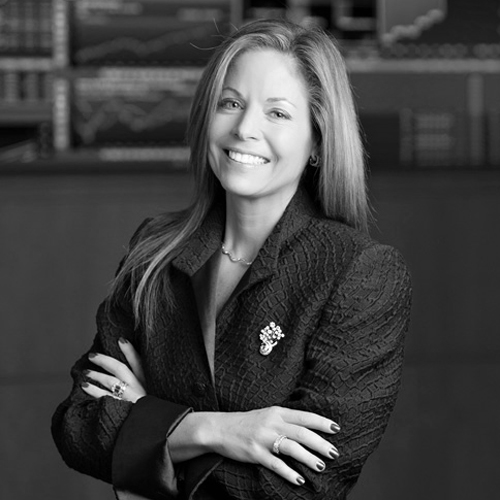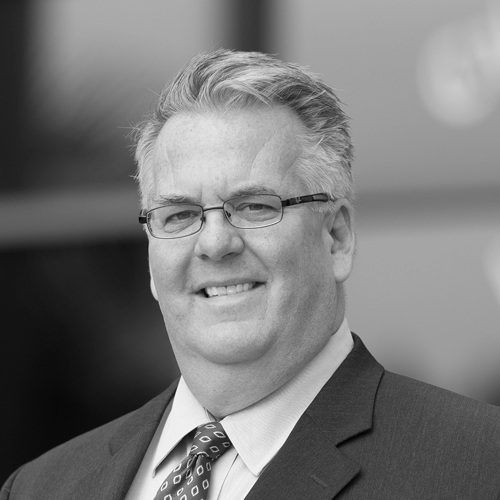Andrew Dodge has spent a fair amount of time thinking about fur. “An investor in our last fund asked that we place a restriction in our agreements regarding fur-related transactions,” says Dodge, the vice president and deputy general counsel for global private equity firm, Advent International. “It turns out that the week before, a group of people had chained themselves to the investor’s front gates protesting investments in fur.” These requests aren’t always normal, but it’s all in of a day’s work for Dodge as he manages funds and investments for Advent.
Dodge told the investor that Advent doesn’t typically look for or invest in such fur-related businesses, but the client still insisted on the restriction, saying that for reputational reasons, investing without the restriction was going to be a deal breaker. Solving the problem wasn’t easy. “We had to work together to come up with language that satisfied the investor’s new policy but also allowed the investor to participate in transactions that did not raise the types of issues the policy was designed to address,” Dodge says. “It was a lengthy process.”
And these types of discussions aren’t limited to animal rights issues. A number of Advent’s investors—which include pension funds, foundations, universities, and sovereign wealth funds, to name just a few—may also be concerned about investments in particular locations, industries, and companies. Some investors have had restrictions for years, but others have implemented them only recently. “Five years ago, most of the discussions during fundraising involved typical core terms, such as fees, carried interest calculations, and key-person provisions,” Dodge says. “Increasingly, investors are becoming more focused on environmental and social guidelines, and we spend a significant amount of time talking about how to comply with their internal policies.”
As a result, the first round of discussions with a potential investor typically deals with economics, governance, and transparency. Once they are comfortable with those terms, a second round of discussions pertaining to investment restrictions often ensues. “To many investors, this second round of discussions is just as important as the first,” Dodge says—and trying to accommodate the concerns of a couple hundred people and entities in a single set of agreements can be quite a task. “It’s a very complicated process because different investors have different interests.”
And it’s a process that requires a lot of attention to detail. Advent’s funds last for 10 years or more, and many investors are involved in multiple successive funds. As a result, Advent has built long-term relationships with investors, outside counsel, and other parties, so it’s important to ensure that everything is clear from the get-go. “Often we’ll have a quick conversation with an investor, and it will sound on the surface like everything is fine, but when we get down into the details, there’s the potential for some misunderstanding,” he says. “Sometimes people are willing to overlook such misunderstandings to move things forward, but when it comes to long-term partnerships, I think that’s shortsighted. Getting things out in the open makes the relationship stronger and builds trust.”
Dodge loves the challenge, though. Before joining Advent as its first legal employee in 2008, he worked with the private equity firm as an associate at Goodwin Procter, and when Advent was looking to build a legal department, a single lunch meeting was all the convincing it took. “While Advent has certainly grown over the years, the firm has retained its entrepreneurial spirit and international focus, which makes my work complex, fast-paced, and exciting,” Dodge says. “I definitely don’t get bored.”


